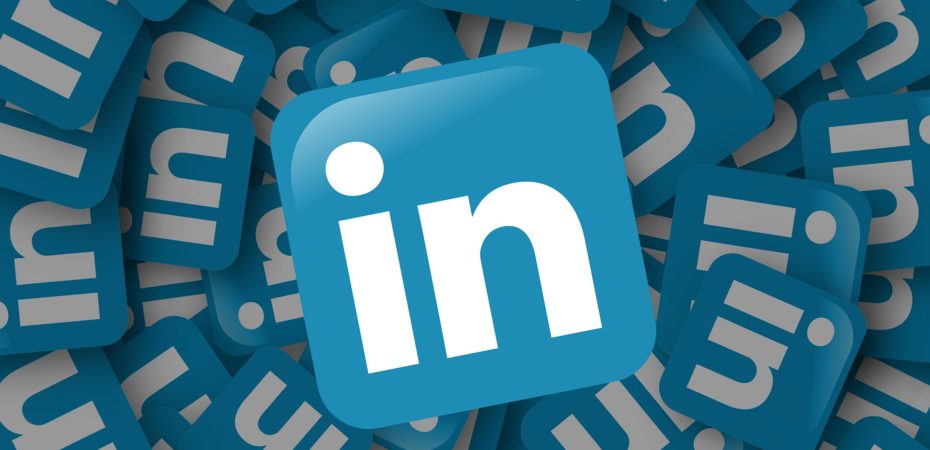Amy, one of our Careers Service Assistants, shares some great advice on how to use LinkedIn effectively.
When I was in first year I didn’t see the point in having a LinkedIn account, after all, surely it was just a social networking site used by professionals? I couldn’t have been more wrong. Now in my third year of my law degree, I’ve used LinkedIn in many ways; to expand my contacts, to advertise my skills, and to search for job opportunities.

So, how exactly does one use LinkedIn? Try following these steps to boost your LinkedIn profile:
A Digital CV
LinkedIn is a great resource for keeping all your experience, qualifications and skills in the one place. Having a LinkedIn profile allows you to check back on all your experience so far, and pull out the relevant pieces for the job you’re applying for.
To utilise this fully, there’s a few basic steps you should consider:
- Use the Headline (i.e. the title of your Linkedin profile) to market yourself. Don’t just fill in your name and leave the sub heading blank; you could include the type of role you are seeking.
- If an employer viewed your profile, what would their impression be? Whilst you want your profile to stand out, and show what makes you different, there’s still a professional standard you should aim for.
- Consider your profile picture. If you don’t have anything in the way of a professional headshot (something that can be quite expensive to sort out), try getting your friend to take a photo of you. Like a passport photo, you want to focus on your head and shoulders, however you are allowed to smile! A couple of factors which can really make a difference are taking the photo against a plain background and dressing smartly.
- Finally: keep it organised. You’ll find when you set a LinkedIn profile up there are various sections you can fill out such as experience, volunteering, education, and so on. Don’t worry if you lack work experience as voluntary work is just as valuable at highlighting your transferrable skills. Think about projects you have completed in university – what did you learn? Keep things in the relative sections, and always keep it as up to date as possible.
Networking
The dreaded networking! Whilst some degrees may have opportunities for drinks evenings, or some employers may offer networking events, it’s always good to have something you can give the people you meet.
Printing out a card with your contact details and LinkedIn address can be very handy, and allow you to stand out as someone who has prepared in advance. On the other hand, if you are given contact cards by employers, or other useful contacts, you can search their name on LinkedIn and link them to your profile where they can find out more about what you can offer them.
Sometimes you may receive random requests to connect with people that you don’t know and it can be difficult to decide whether to accept or not. There is the option to send a respond to such a request before accepting or declining an invitation by going into your “Managing Invitations” section. You could say something along the lines of “Thanks for sending me a LinkedIn request but I can’t recall if we already know each other. Perhaps you could remind me, or let me know why you thought it would be useful to connect?”
Recruitment
Once you’ve built up your profile and gained contacts, you may find that recruiters begin to reach out to you. Not every recruiter’s message will lead to a job opportunity, but they may provide you with invitations to events run by their firm: you’ll often find they have employees dedicated to recruitment who will scour LinkedIn to find the right people.
Recently a recruiter from a law firm reached out to me via my LinkedIn profile to invite me to a networking dinner the firm was having. Events like these really allow you to get to know the firm, and how they will treat their employees. More importantly, they allow you the opportunity to ask directly what the firm can offer for students in the way of experience and job prospects.
Information Resource
Use Linkedin to research employers to aid with applications or interview preparation – you may be able to find information beyond what is on an employer’s website.
Good luck with developing your LinkedIn profile. You can also book an appointment with a Careers Consultant to receive feedback on your LinkedIn profile.
(Image by geralt on Pixabay, CC0 Creative Commons)
(Image by geralt on Pixabay, CC0 Creative Commons)


Great post!